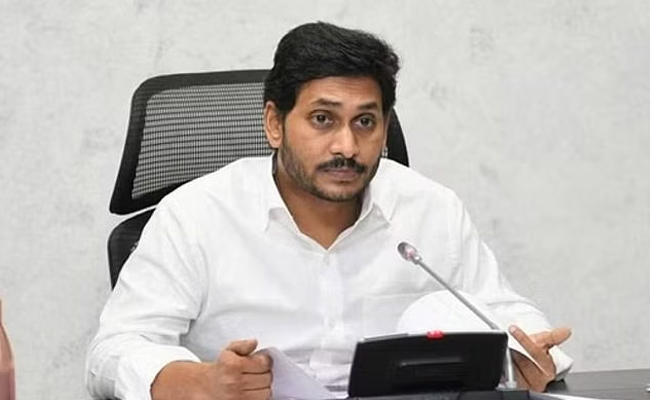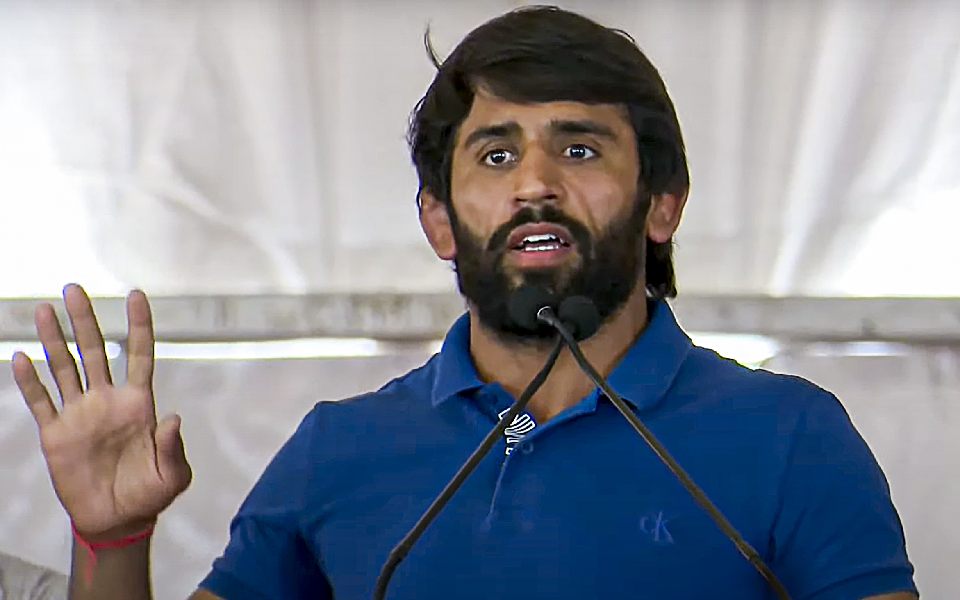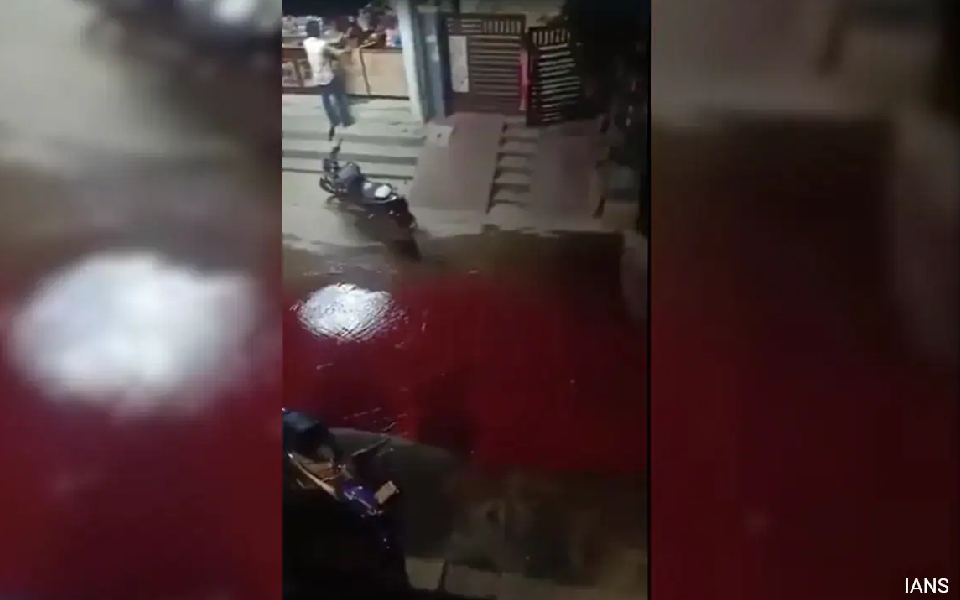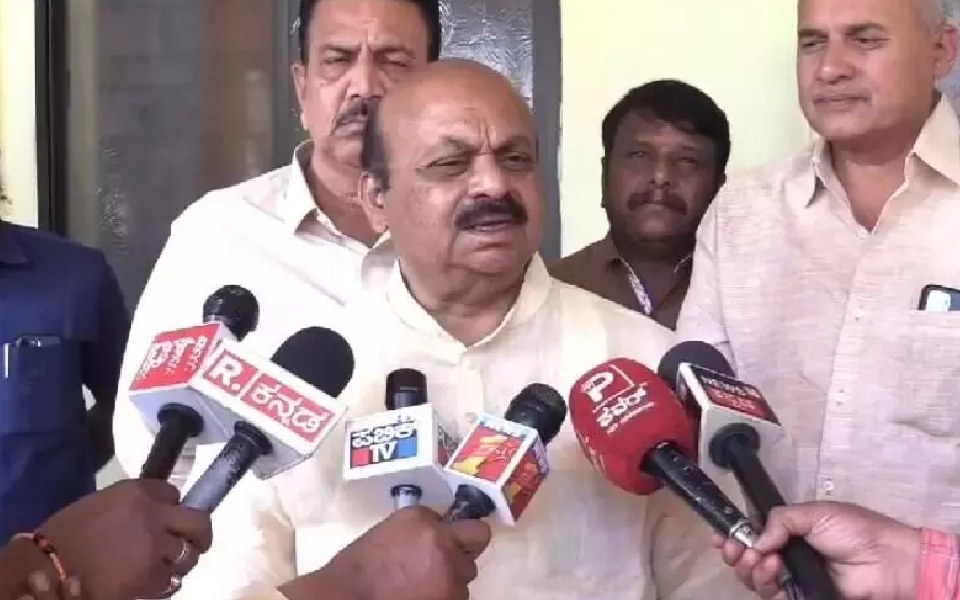New Delhi: YSRCP chief YS Jagan Mohan Reddy has voiced support for the Congress party’s allegations of Electronic Voting Machine (EVM) manipulation, advocating for a return to paper ballots to ensure transparency in the electoral process. Reddy’s comments came in the wake of the Haryana assembly election results, which he claims defied expectations and exit poll predictions.
Drawing parallels between the recent Haryana outcome and the Andhra Pradesh assembly election results earlier this year, Reddy emphasized the need for measures that instill confidence in democratic processes. The YSRCP chief suggested that adopting paper ballots, as practiced in developed countries like the USA, UK, Canada, and others, would enhance the credibility of elections in India.
In a post on social media, Reddy stated that democracy must not only exist but be seen to thrive, and the only way to achieve this is by reverting to paper ballots. He urged lawmakers to consider such changes, emphasising that many developed nations still rely on paper ballots to ensure the integrity of their electoral systems.
The Congress party, following its defeat in Haryana, has rejected the mandate, alleging that the election system was misused. Senior Congress leader Jairam Ramesh remarked that the Congress had been made to lose but “has not lost.”
In response to Congress’s claims, the Election Commission of India (ECI) dismissed the allegations as baseless and stated that they move towards an undemocratic rejection of the people’s will expressed through a fair electoral process.
Let the Truth be known. If you read VB and like VB, please be a VB Supporter and Help us deliver the Truth to one and all.
Beirut, Nov 26: Israeli Prime Minister Benjamin Netanyahu has announced he will recommend a proposal for a cease-fire with Hezbollah to his Cabinet for approval, setting the stage for an end to nearly 14 months of fighting.
Netanyahu said the vote was expected later Tuesday. It was not immediately clear when the ceasefire would go into effect, and the exact terms of the deal were not released. The deal does not affect Israel's war against Hamas in Gaza, which shows no signs of ending.





